To all people who have ever heard the words You have cancer, and to their loved ones who have supported them on their journeys.
CONTENTS
anomaly  noun: Something that deviates from what is standard, normal, or expected.
noun: Something that deviates from what is standard, normal, or expected.
Y ou have probably heard a story like this: A person with advanced cancer tries all that conventional medicine has to offer, including chemotherapy and surgery, but nothing works. She is sent home to die but five years later strolls into her doctors office, healthy and cancer-free.
When I first heard a story like this, I was counseling cancer patients at a large cancer research hospital in San Francisco. During my lunch break, I was reading Dr. Andrew Weils book Spontaneous Healing when I came across a case of what I call Radical Remission. I froze, confused and stunned. Had this actually happened? Did this person really overcome advanced cancer without using conventional medicine? If so, why had it not been on the front page of every newspaper? Even if it had happened only once, it was still an incredible event. After all, this person had somehow stumbled onto a cure for his cancer. The men and women I was counseling would have given anything to know this survivors secretand so would I.
Intrigued, I instantly began trying to find other cases of Radical Remission. What I found shocked me. There were over a thousand cases in print, all quietly published in medical journals, and yet here I was, working at a major cancer research institution, and this was the first time I had ever heard of one.
The more I dug into this topic, the more frustrated I became. It turned out that no one was seriously investigating these cases, nor were they making any attempt to track them. Whats worse, most of the Radical Remission survivors I began talking to said that their doctors, while happy for them, often had no interest in hearing about what they had done to get better. The final straw for me, though, was when a few of the radical survivors told me that their doctors had actually asked them not to tell any of the other patients in the waiting room about their amazing recoveries. The reason? So as not to raise false hope. While it is certainly understandable that these doctors would not want to mislead their patients into thinking another persons healing methods might work for them, it is quite another thing to silence completely these true stories of healing.
A few weeks later, a counseling client of mine broke down in tears while receiving her chemotherapy. She was thirty-one years old, with young toddler twins, and had recently been diagnosed with aggressive stage 3 (out of a possible 4) breast cancer. Through her sobs, she pleaded with me: What can I do to get better? Just tell me what to do. Ill do anything. I dont want my children growing up without a mother. I watched her sitting there, exhausted and bald-headed, with her only hope of recovery dripping slowly into her veins. And then I thought of those thousand-plus cases of incredible, radical recovery, which no one was investigating. Taking a deep breath, I looked into her eyes and said, I dont know. But Im going to try to find out for you.
That was the moment I decided to continue on for my Ph.D. and dedicate my life to finding, analyzing, andyestalking about cases of Radical Remission. After all, if we are trying to win the war on cancer, doesnt it make sense to talk to those who have already won? In fact, shouldnt we be subjecting these amazing survivors to numerous scientific tests and asking them every question we can think of in an attempt to find out their secrets? Just because we cannot immediately explain why something happened, that does not mean we should ignore itor worse, tell others to keep quiet about it.
The example I always use is Alexander Fleming, a scientist who chose not to ignore an anomaly. As the story goes, in 1928 Fleming came back from vacation to find mold growing in many of his petri dishes, which was not surprising to him given his long absence. He began sterilizing the dishes, figuring that he simply needed to start his experiment over. Thankfully, though, he decided to pause and take a closer look, and this is when he noticed that all the bacteria in one particular dish were dead. Instead of ignoring this anomalous dish and dismissing it as a fluke, Fleming chose to investigate the matter furtherand doing so led him to the discovery of penicillin.
This book shares the results of my ongoing research into the Radical Remission of cancer. It is the outcome of my decision not to ignore these anomalous cases but rather do as Alexander Fleming did: take a closer look. However, I will first give you a bit of my own background, so you can better understand where I am coming from and what inspired me to dedicate my life to this topic.
MY STORY
My experience with cancer began when my uncle was diagnosed with leukemia when I was three. His disease was a long, drawn-out process that lasted five years, casting a shadow over our family gatherings and making all of us young cousins incredibly afraid of that mysterious illness called cancer. He eventually died when I was eight, leaving my nine-year-old cousin fatherless. Thats when I learned that daddies could die of cancer.
A few years later, when I was only fourteen, a close friend of mine was diagnosed with stomach cancer just after our eighth grade graduation. In shock, our small Wisconsin town instantly rallied around him, boosting him up with numerous pancake breakfast fund-raisers and hospital visits. Some of my friends were hopeful, but I could not ignore that feeling of dread deep inside my stomach. After all, I had seen this before. Following two long and side-effect-filled years, my friend died at the age of sixteen. Our entire community attended his funeral, and over the next few years, my other friends and I would go to his grave site regularly to leave flowers. His death taught me that absolutely anyone could die of cancer, at any time.
While earning my undergraduate degree at Harvard University, I was introduced to complementary medicine, yoga, and meditation for the first time. These strange practices and ideas made me start to question my previously held beliefs about the mind and body being separate, and I slowly began to practice yoga. Four wonderful years later, my first job after Harvard was to coauthor a book on global warming, and I suddenly found myself sitting behind a computer all day with none of the social interaction I had enjoyed during college. When a friend suggested that I address my isolation by volunteering, the first idea that popped into my head was to help cancer patients, no doubt because of my early experiences with it.
I still remember my first day volunteering in the pediatric wing at Memorial Sloan-Kettering Cancer Center in New York City. All I did was play Monopoly with some children who were receiving intravenous chemotherapy, but the depth of meaning I felt by helping them forget about their disease for a few hours was truly life-changing. I knew I had found my calling, and after a few more weeks of volunteering, I was already researching graduate school programs. I attended the University of California at Berkeley for my masters degree in oncology social work, with a specialized focus in counseling cancer patients.
While attending graduate school, my interest in complementary medicine deepened, leading me to read many books on the subject and complete an intensive yoga teachers training course. I spent my days counseling cancer patients and my evenings studying and practicing yoga. At that time, my husband was earning his degree in Traditional Chinese Medicine (acupuncture, herbs, etc.) and also studying an esoteric form of energy healing, so I was surrounded by examples of complementary medicine. It was during this time that I read Andrew Weils book, which changed the course of my life by introducing me to what Weil calls spontaneous healing and convincing me to continue toward my Ph.D., so I could study this fascinating topic in depth. From that point on, I have devoted my life to discovering what people do to overcome cancer against all odds.

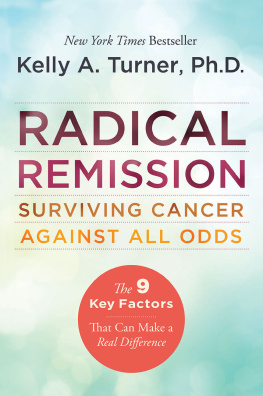
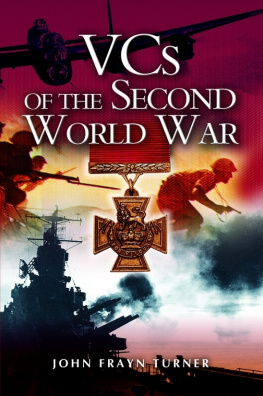
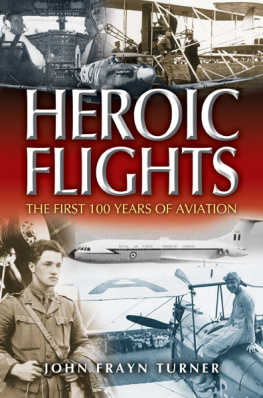
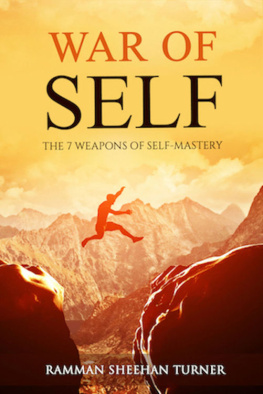
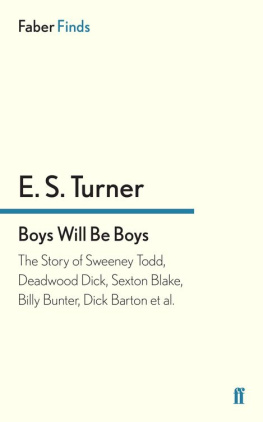

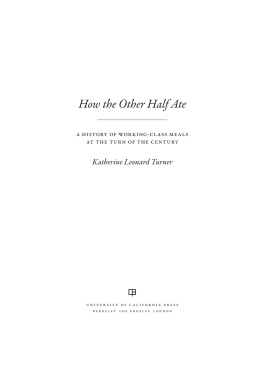

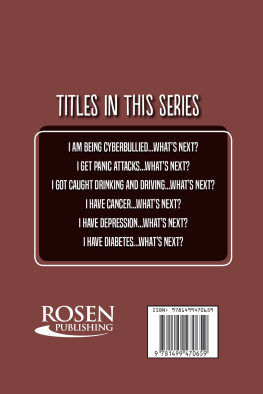
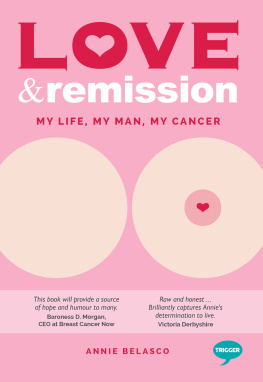
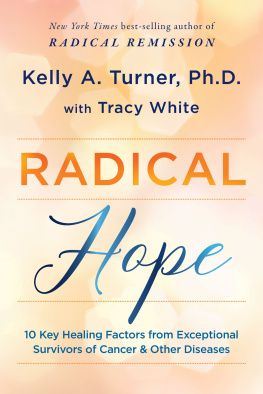
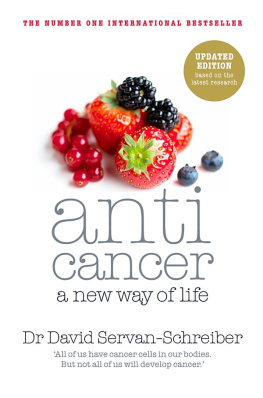
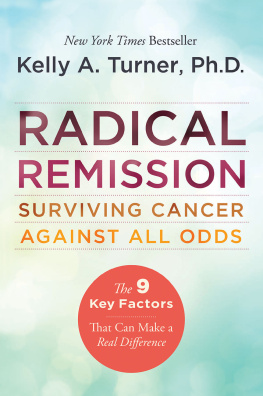
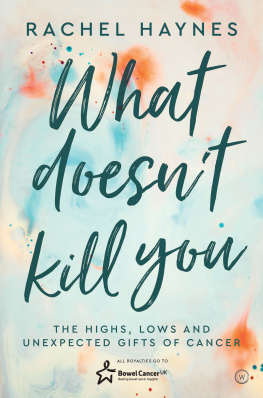
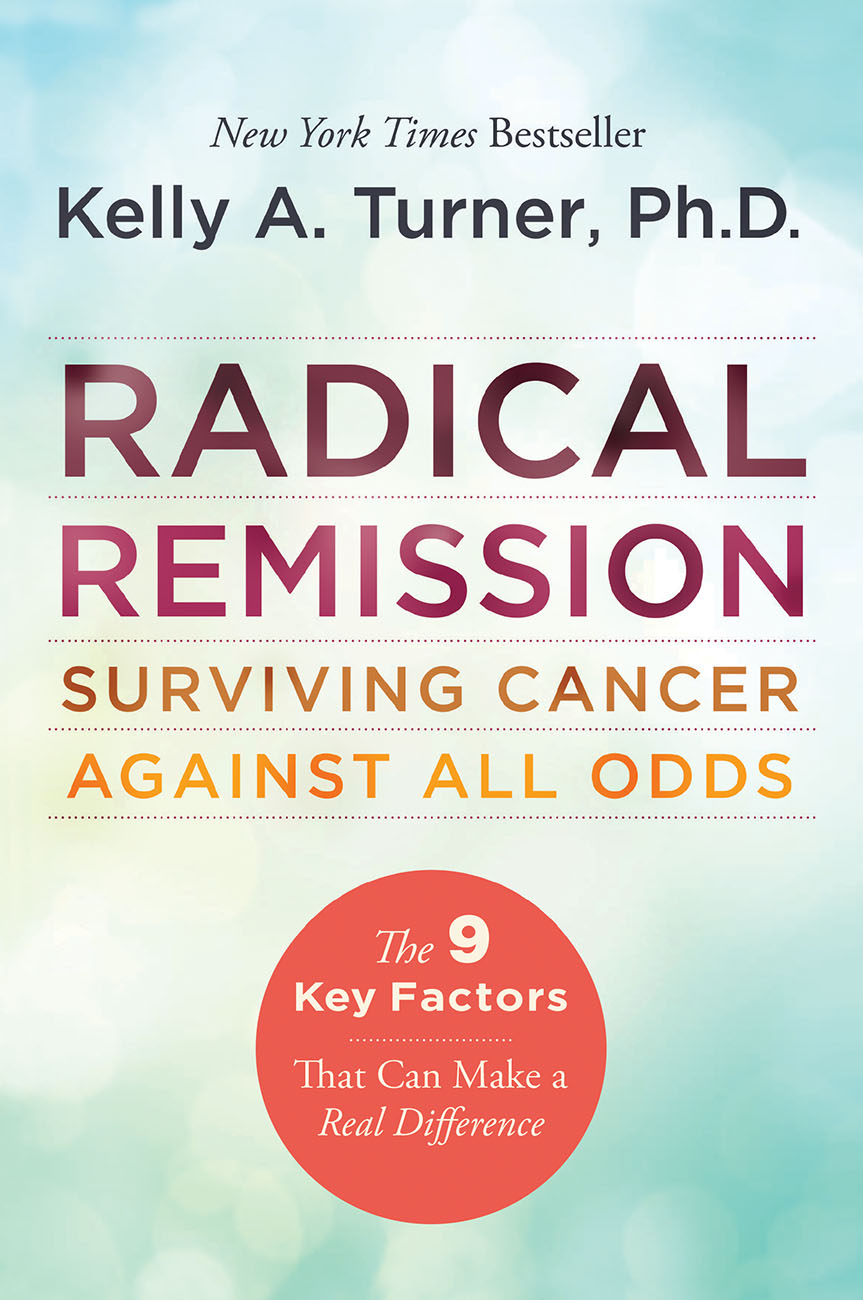
 noun: Something that deviates from what is standard, normal, or expected.
noun: Something that deviates from what is standard, normal, or expected.